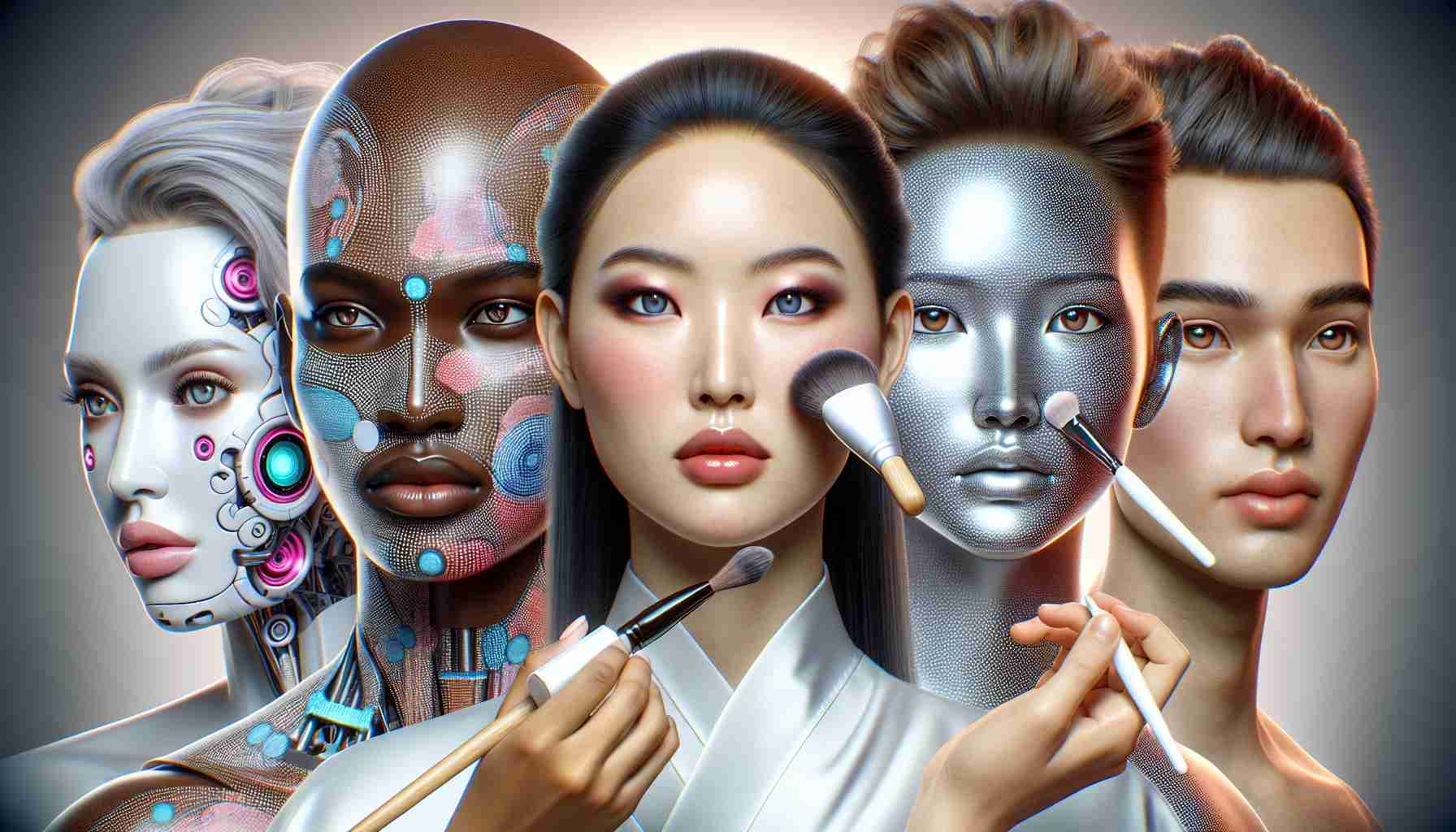The Rise of AI in Beauty: A $16.4 Billion Opportunity
The beauty and cosmetics industry is on the brink of a revolution, with the integration of Artificial Intelligence (AI) set to propel its market value from $2.7 billion in 2023 to an astounding $16.4 billion by 2033. This marks a remarkable compound annual growth rate (CAGR) of 19.8% over the next decade.
In 2023, North America emerged as the market leader, accounting for more than 35% of the total share, translating to revenues of approximately $27.3 billion. The increasing consumer demand for personalized beauty experiences is a key factor driving this growth. Brands are leveraging cutting-edge AI technologies to provide customized product recommendations, detailed skin analyses, and enhanced virtual try-on experiences, significantly improving customer engagement.
AI-powered tools are transforming the shopping landscape, enabling users to receive tailored solutions that cater to their unique skin types and preferences. With 80% of customers more likely to purchase from brands that offer personalized options, the impact of tailored marketing strategies is evident; brands adopting these technologies have reported a 15% increase in revenue.
As the industry embraces digital transformation, innovations like augmented reality and machine learning are becoming essential for brands aiming to meet evolving consumer needs. The future of beauty is undeniably intertwined with AI, promising a more personalized and satisfying experience for consumers across the globe.
The Future of Beauty: How AI is Transforming the Cosmetics Market
The Rapid Growth of AI in the Beauty Industry
The beauty and cosmetics industry is undergoing a dramatic transformation fueled by Artificial Intelligence (AI). With the market poised to leap from $2.7 billion in 2023 to a staggering $16.4 billion by 2033, this shift showcases a compound annual growth rate (CAGR) of 19.8%. Not only is technology reshaping how consumers engage with beauty products, but it is also significantly enhancing business profitability and customer loyalty.
Market Statistics and Trends
As of 2023, North America leads the market, contributing more than 35% of the total industry share, amounting to roughly $27.3 billion in revenue. The demand for personalized beauty experiences is a primary driver behind this substantial growth. Companies are increasingly adopting AI technologies to offer customized product recommendations, detailed skin analyses, and enhanced virtual try-on experiences. These innovations are fostering deeper customer connections and improving engagement levels significantly.
How AI Enhances Personalized Shopping Experiences
AI-powered tools are revolutionizing the consumer shopping experience. For instance, these tools can analyze individual skin types and preferences, delivering personalized recommendations that resonate with customers. Research indicates that 80% of consumers are more inclined to shop with brands that provide tailored options. Brands that have embraced this technology have experienced an impressive 15% increase in revenue, highlighting the efficacy of personalized marketing strategies.
Pros and Cons of AI in the Beauty Industry
Pros:
– Personalization: Tailored recommendations improve the shopping experience.
– Efficiency: AI can analyze data quickly, providing insights that enhance customer engagement.
– Innovation: Brands using AI are at the forefront of technological advancements, establishing a competitive edge.
Cons:
– Data Privacy Concerns: Increased data collection can lead to privacy issues.
– Dependence on Technology: Reliance on AI tools may lead to diminished human interaction.
– Cost of Implementation: Integrating advanced AI systems can be expensive for smaller brands.
Noteworthy Innovations and Tools in AI Beauty
AI innovations including augmented reality (AR) and machine learning are becoming vital for luxury and retail brands looking to adapt to the evolving beauty landscape. These technologies enable virtual makeovers, allowing consumers to visualize products on themselves before making a purchase. Many brands are also investing in AI-driven apps to analyze skin conditions and recommend suitable products.
Future Predictions and Market Analysis
As the beauty industry integrates more comprehensive AI solutions, future market analyses suggest a continued trajectory of growth and innovation. Consumers should expect to see enhanced shopping experiences powered by advanced analytics and artificial intelligence, leading to even greater personalization.
Pricing and Investment Insights
Investing in AI-driven technology is essential for brands wanting to stay relevant. The initial costs may be substantial, but the long-term benefits, including increased revenue and customer loyalty, are undeniable. This shift represents an opportunity for brands to expand their market share by leveraging data-driven marketing strategies.
Conclusion: The Path Ahead
The beauty industry is increasingly intertwining with technological innovation. Companies that adapt to these changes not only enhance consumer engagement but also pave the way for long-term success. As AI continues to shape the future of beauty, customers can look forward to a more personalized and satisfying shopping experience.
For further insights into how technology is revolutionizing various industries, visit our homepage.
